India played a vital role in boosting Russia's wartime economy. On the contrary, given their traditional relationship, they cannot ignore each other as each side brings certain benefits to the other, both immediate and long-term.
As Prime Minister Narendra Modi holds talks with President Vladimir Putin, India wants to remain neutral with its main focus on boosting trade with Russia. However, before that, New Delhi has come under criticism from the West for increasing imports of Russian fossil fuels, amid Moscow's ongoing military campaign in Ukraine.
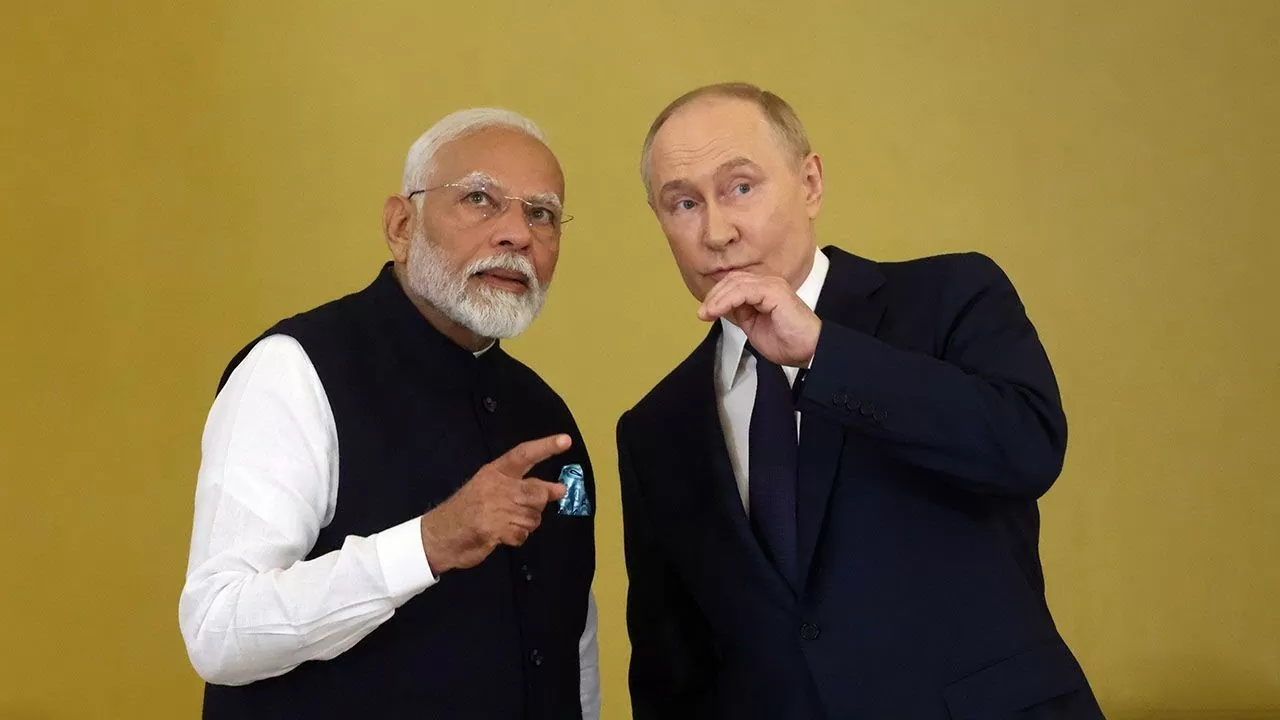 |
| The Russia-India 'love affair' is worth Prime Minister Modi 'walking on a tightrope'. In the photo, Indian Prime Minister Narendra Modi and Russian President Vladimir Putin in Moscow. (Source: Getty Images) |
Important partners of each other
India, the world’s third-largest oil importer, has seen deliveries from Russia increase tenfold by 2022 and doubled again last year thanks to steep discounts. India’s coal imports from Russia have also tripled over the same two-year period.
Despite accusations of funding Russian President Putin’s “military machine,” New Delhi has justified the increase by citing India’s traditionally “stable and friendly” relationship with Moscow and the economy’s heavy dependence on imported oil.
As Indian Prime Minister Narendra Modi meets Russian President Vladimir Putin in Moscow this week, the Kremlin has sought to further boost trade with the South Asian powerhouse to shore up an economy that relies on Russian exports and to cushion the impact of Western sanctions over the military conflict in Ukraine.
Announcing the high-level Russia-India talks, Kremlin spokesman Dmitry Peskov said that in addition to jointly addressing regional and global security issues, the two sides also share the "political will" to promote economic and trade cooperation.
But on the other hand, when it comes to Russia, India still has to walk a delicate path, because it still wants to maintain close links with the West, while seeking new trade links with Moscow and at the same time, maintaining a neutral stance in the Russia-Ukraine conflict.
Since the Cold War, the Soviet Union and India have built a strategic partnership in both defense and trade.
India is a major market for the Russian defense industry – its largest until recently. According to the Stockholm International Peace Research Institute (SIPRI), over the past two decades, Moscow has supplied 65% of India’s arms purchases, worth more than $60 billion (€55.8 billion).
Since the Russia-Ukraine conflict erupted, Moscow has sought to strengthen ties with India and China as a counterweight to the West. The Kremlin has offered New Delhi big discounts on oil, coal and fertilizer to boost the country’s finances amid its difficulties.
As a result, India has emerged as a major export market for Russian fossil fuels, as Moscow has increasingly sought new destinations for its petrochemicals following Western sanctions. In April, for example, Russian crude supplies to India rose to a new record of 2.1 million barrels per day, according to financial analysis firm S&P Global.
Bilateral trade between the two countries hit a record high of nearly $65.7 billion last year, according to data from India’s Ministry of Commerce. Notably, trade is tilted in Russia’s favor, with Asia’s second-largest economy importing $61.4 billion worth of goods, including oil, fertilizers, precious stones and metals.
“We have long looked at Russia from a political or security perspective,” Indian Foreign Minister Subrahmanyam Jaishankar said at a conference in May. “As the Kremlin turns east, new economic opportunities are emerging… the surge in our trade and new areas of cooperation should not be seen as a temporary phenomenon.”
India chooses to "walk the tightrope"
While the West is unhappy with the cheap India-Russia oil deal, New Delhi's historical dependence on Moscow for weapons is a bigger concern for the US and Europe.
“New Delhi has demonstrated a nuanced approach to resolving the Russia-Ukraine conflict, maintaining good relations with Moscow and the West,” Aleksei Zakharov, a researcher on Indian foreign policy at the French Institute of International Relations (Ifri), wrote in an article.
“Structural challenges still seem to prevent the two sides from restoring economic ties,” Zakharov said, adding that Russia-India defense cooperation is currently “in limbo,” partly due to the conflict with Ukraine and partly due to concerns about tensions with the West. Sanctions have hampered Russia’s arms industry.
Modi's visit to Moscow - his second foreign trip since his re-election in June - is a sign that India values its relationship with the Kremlin. As a growing world power , New Delhi must prioritize its own strategic interests, but at the same time wants to balance its relations with the West, Russia and China, according to DW.
“On the surface, it may seem that India’s neutrality [in the Russia-Ukraine conflict] has allowed for the strengthening of bilateral ties with Moscow,” Zahkarov said. “However, a closer look shows that India has become more cautious in its interactions with Russia… [so] maintaining dialogue and hedging bets may be more important for both sides than reaching new agreements.”
In fact, while new contracts to buy Russian weapons may be limited, Modi's "Make in India" initiative, which aims to promote Asia's top economy as a manufacturing hub, could help Russia supply more raw materials and components for India's domestic manufacturing.
Russia is also keen to expand the International North-South Transport Corridor (INSTC), a road, sea and rail project linking Russia to India via Iran. Last month, Russia officially shipped its first coal shipment through the INSTC. The project has been in the works for more than two decades, and given the restrictions Russia faces from Western sanctions, the INSTC is now a key trade priority for the Kremlin.
Another project that has taken on new urgency is the Chennai-Vladivostok Maritime Corridor. First proposed in 2019, the 10,300-km (5,600-nautical-mile) sea route from Russia’s far east could help ensure the flow of Russian energy and other raw materials to India. The proposed corridor is expected to reduce transit times from 40 to 24 days compared to the existing route via the Suez Canal.
Source: https://baoquocte.vn/moi-tinh-duyen-no-nga-an-do-dang-de-thu-tuong-modi-di-tren-day-278239.html


![[Photo] Close-up of Vietnam's sniffer dog team searching for earthquake victims in Myanmar](https://vstatic.vietnam.vn/vietnam/resource/IMAGE/2025/4/1/d4949a0510ba40af93a15359b5450df2)


![[Photo] General Secretary To Lam receives King Philippe of Belgium](https://vstatic.vietnam.vn/vietnam/resource/IMAGE/2025/4/1/e5963137a0c9428dabb93bdb34b86d7c)
![[Photo] President Luong Cuong and King Philippe of Belgium visit Thang Long Imperial Citadel](https://vstatic.vietnam.vn/vietnam/resource/IMAGE/2025/4/1/cb080a6652f84a1291edc3d2ee50f631)
![[Photo] Prime Minister Pham Minh Chinh meets with King Philippe of Belgium](https://vstatic.vietnam.vn/vietnam/resource/IMAGE/2025/4/1/be2f9ad3b17843b9b8f8dee6f2d227e7)
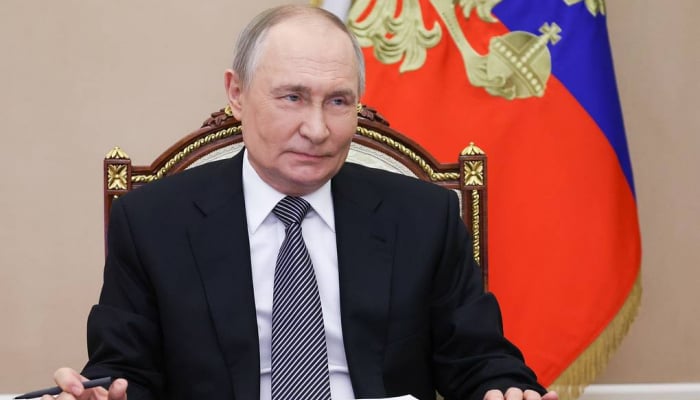

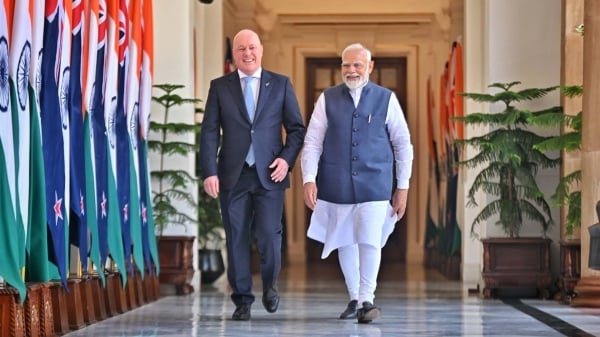
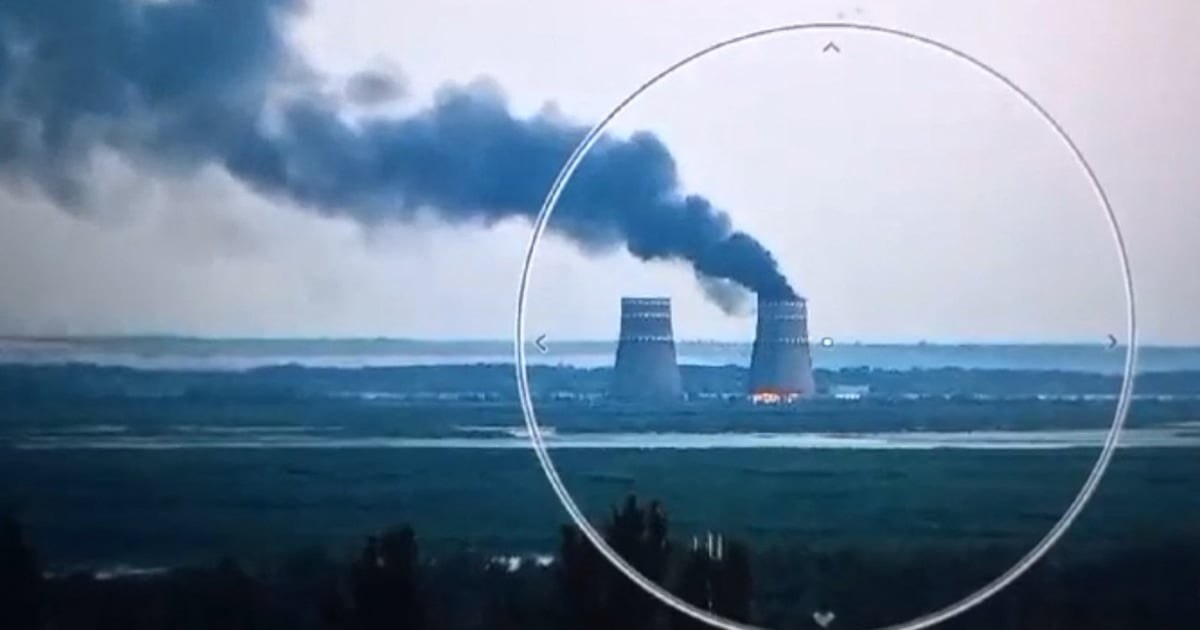

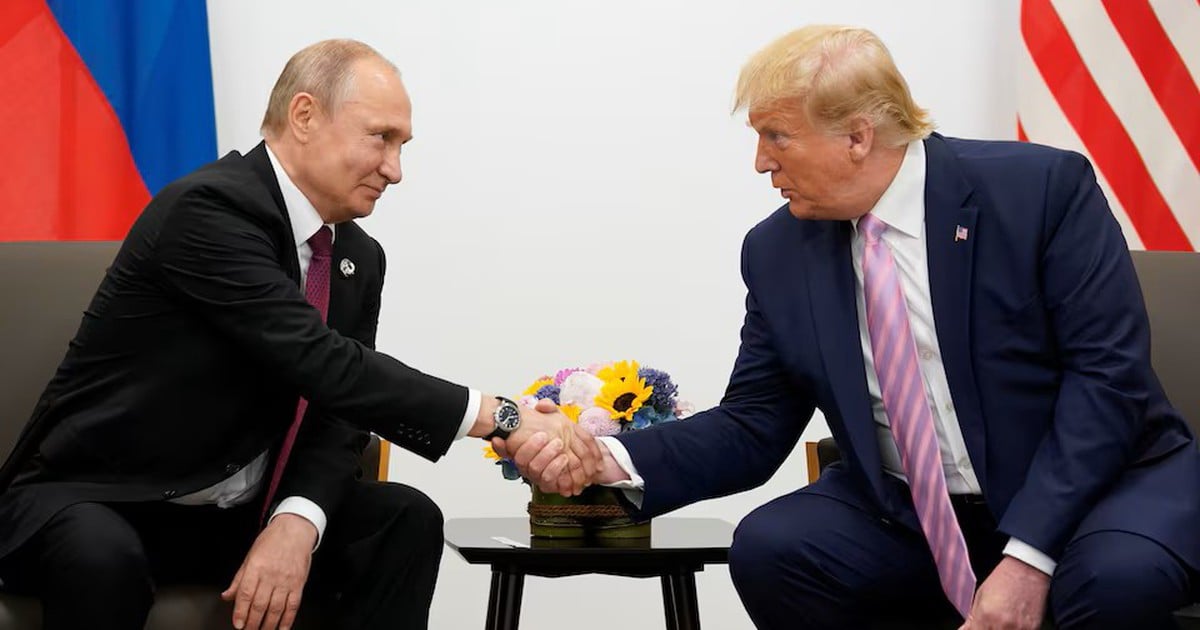
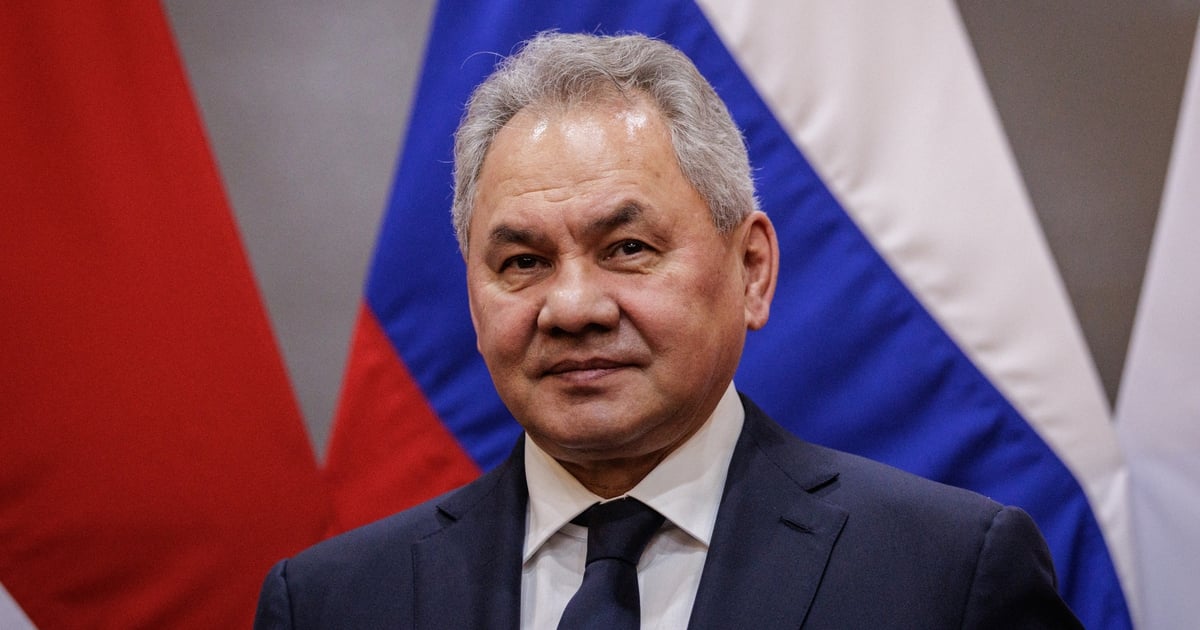
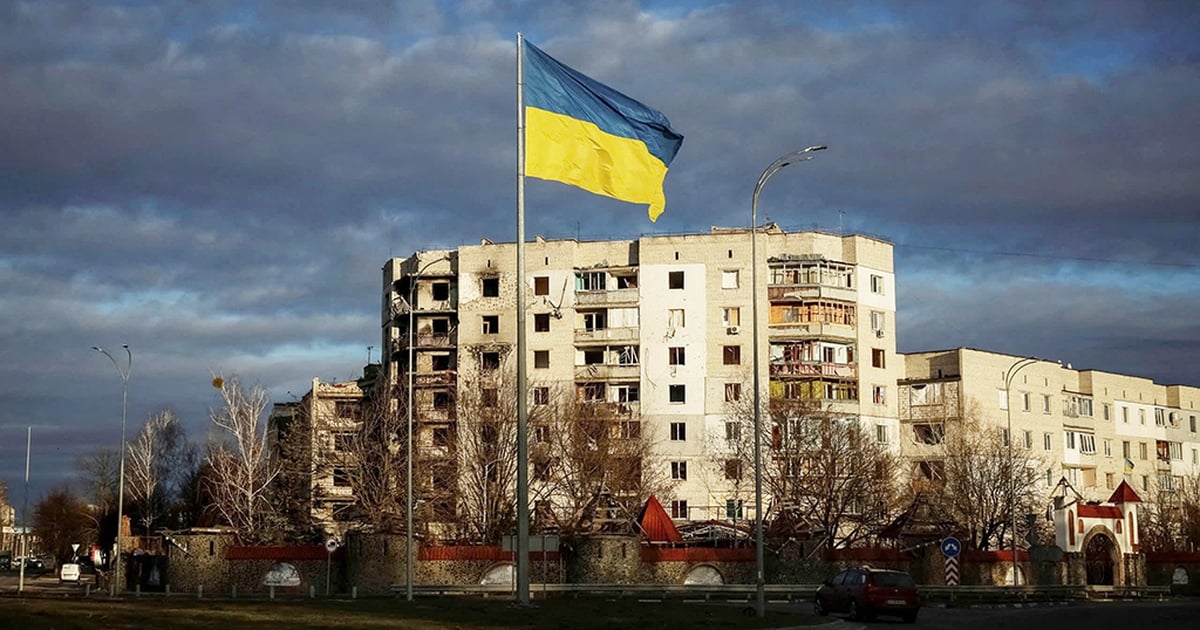
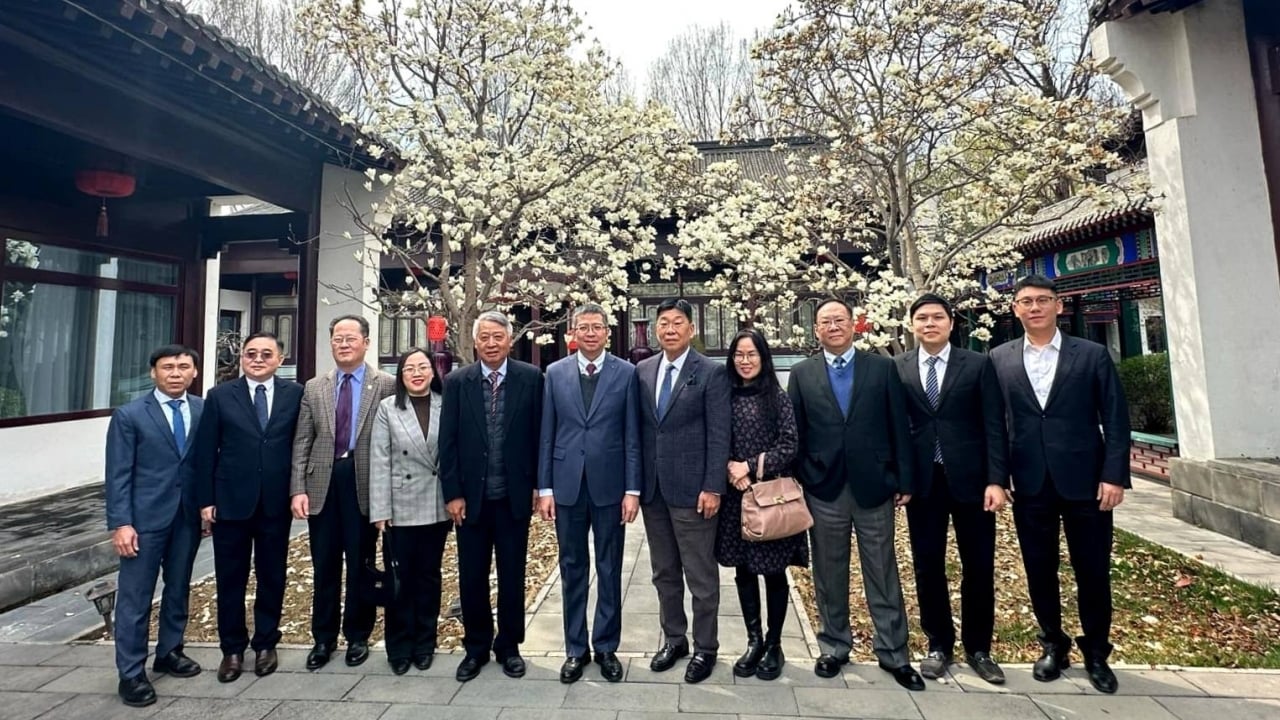
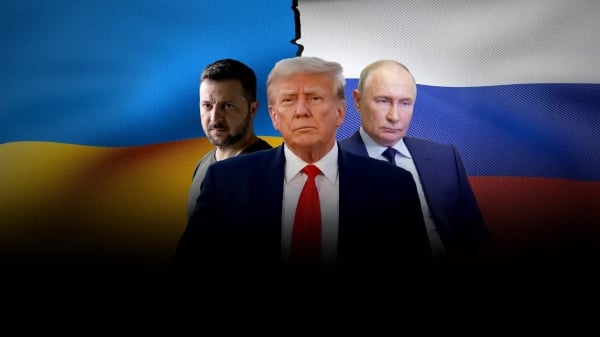
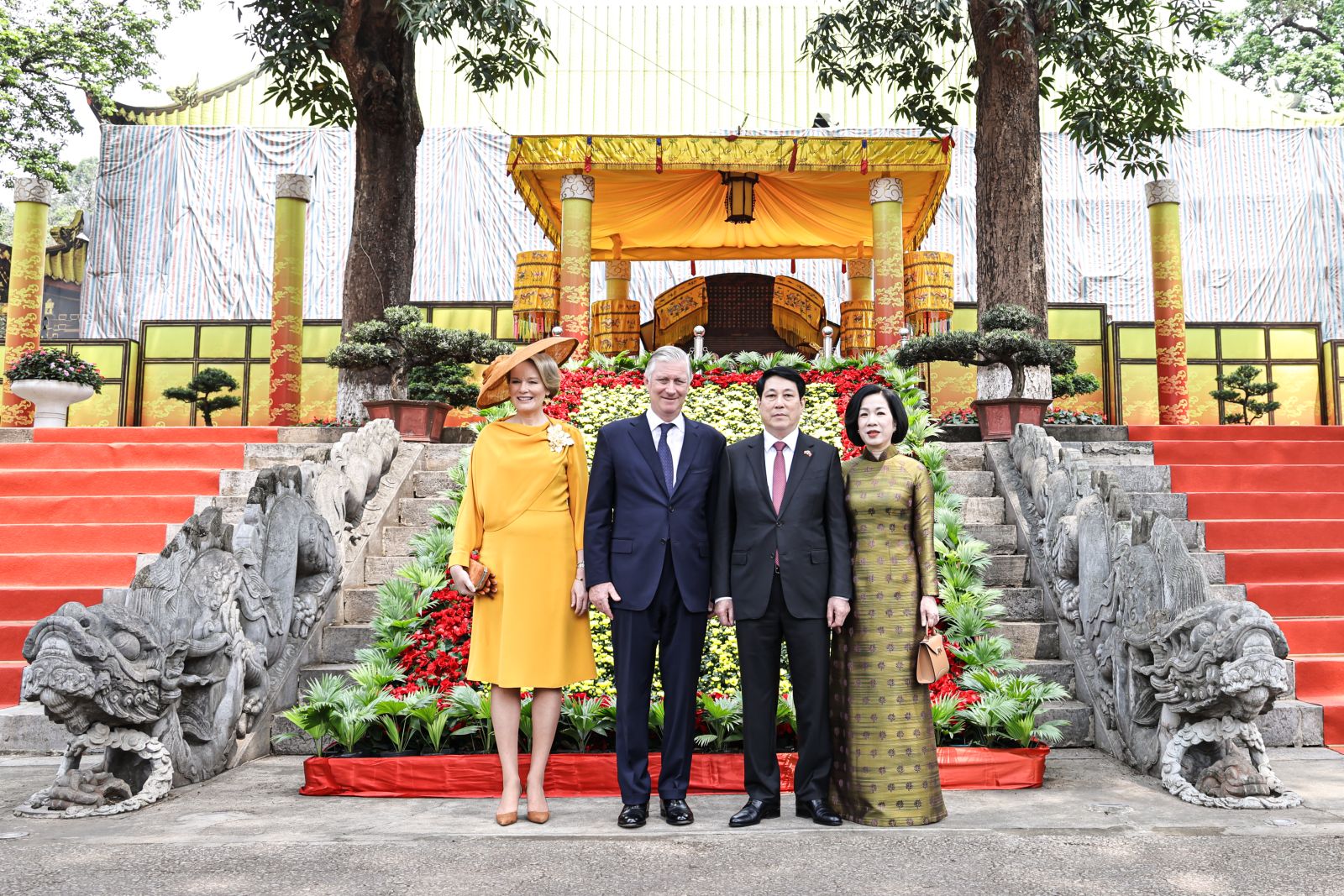
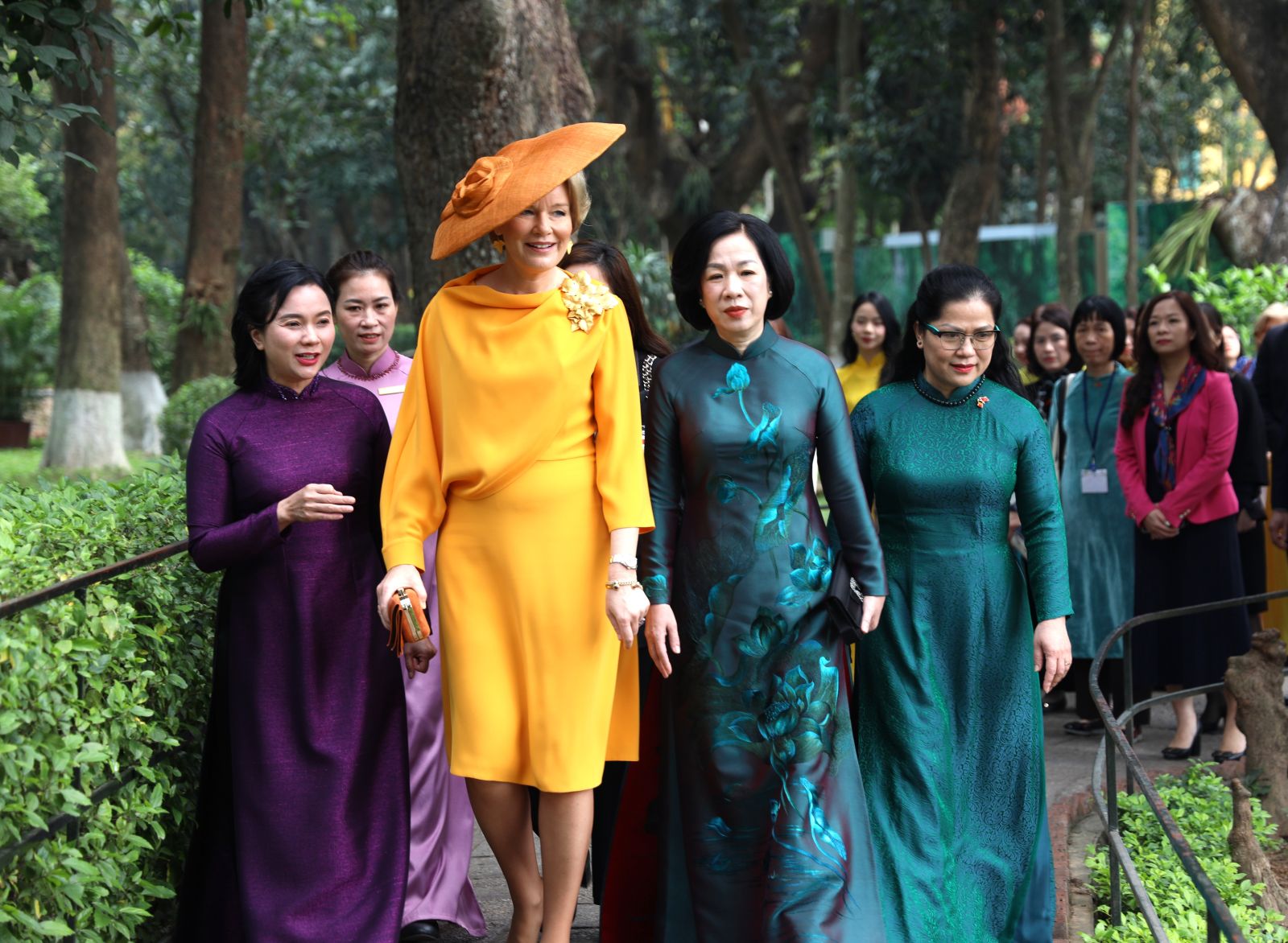
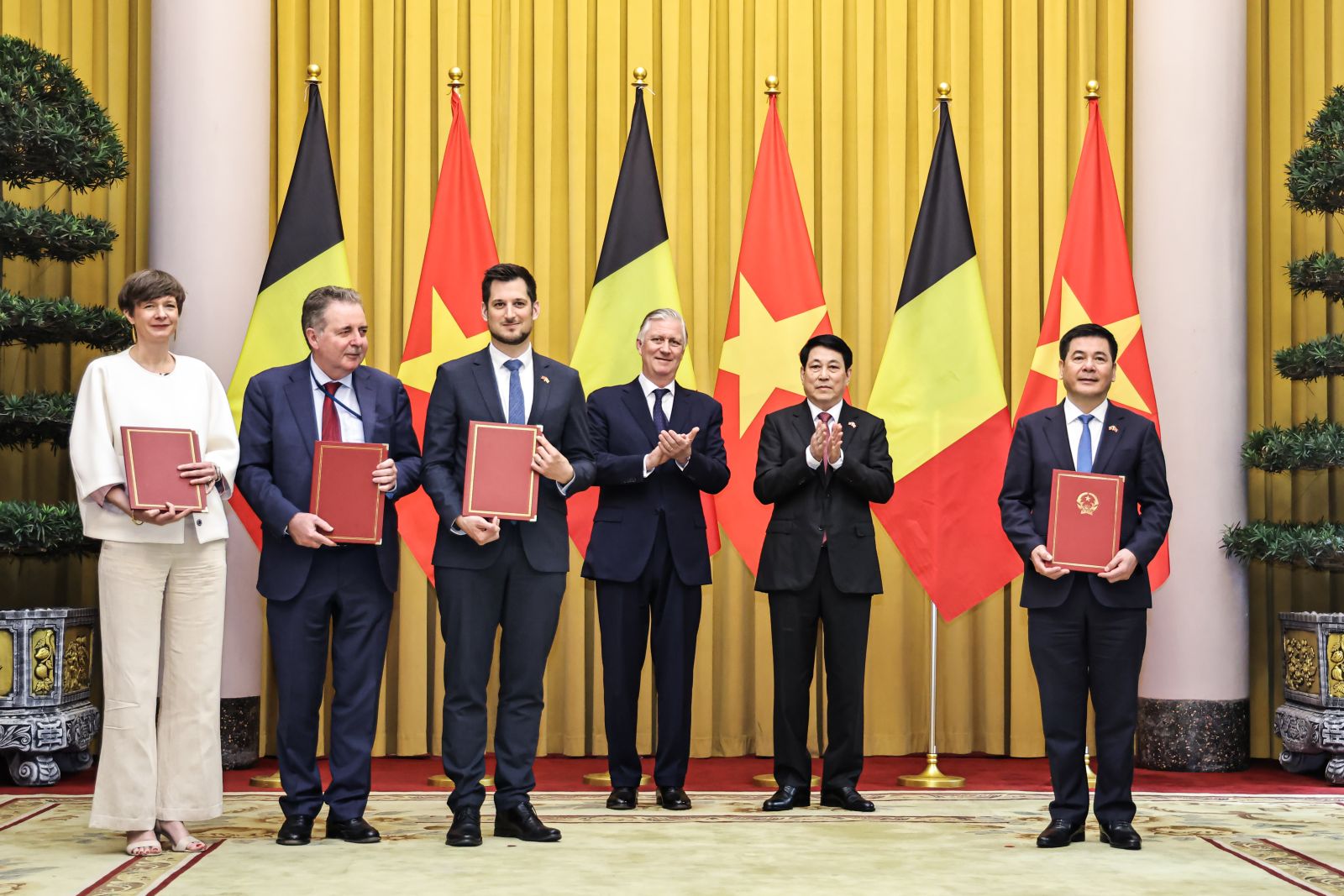
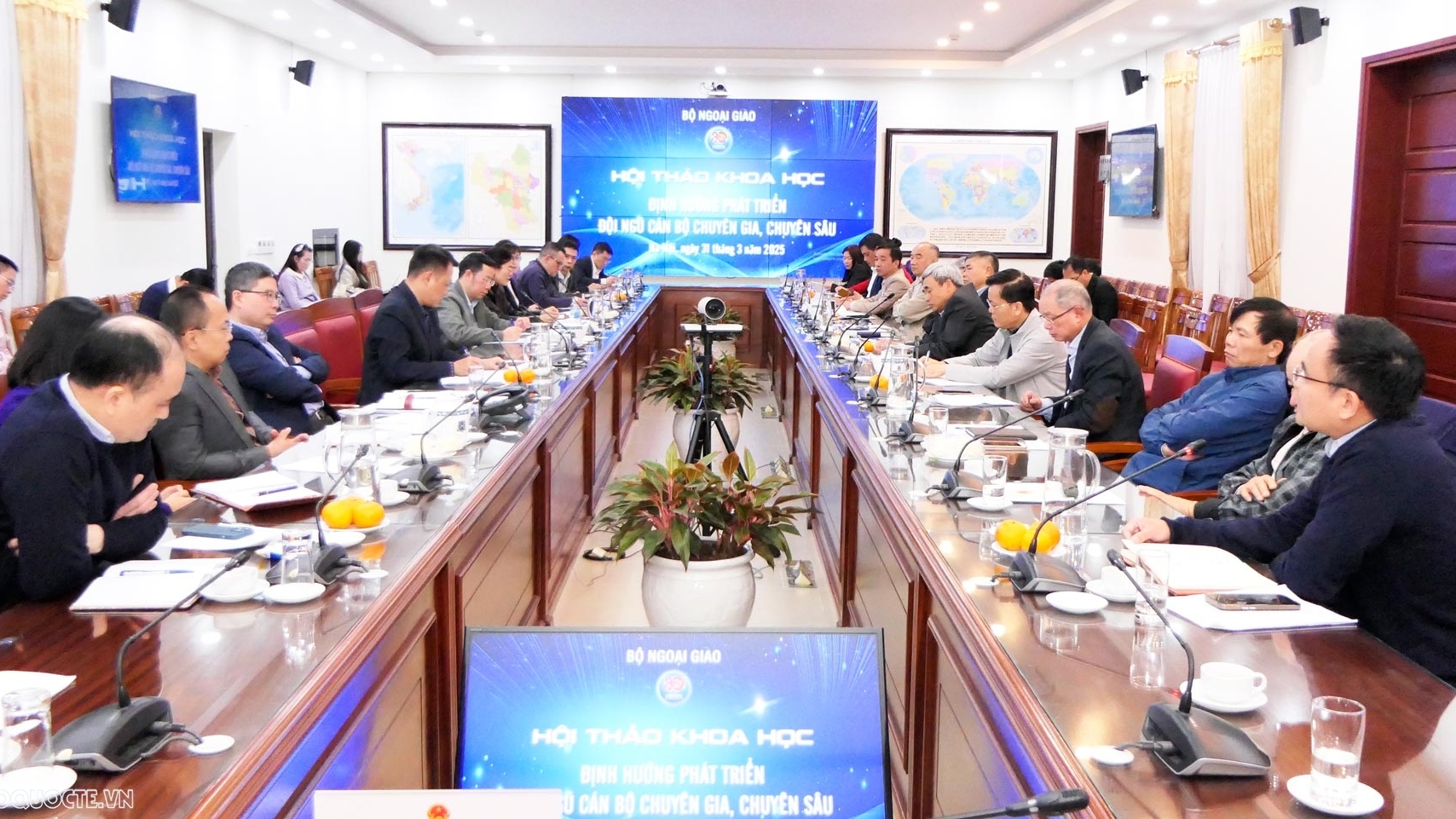






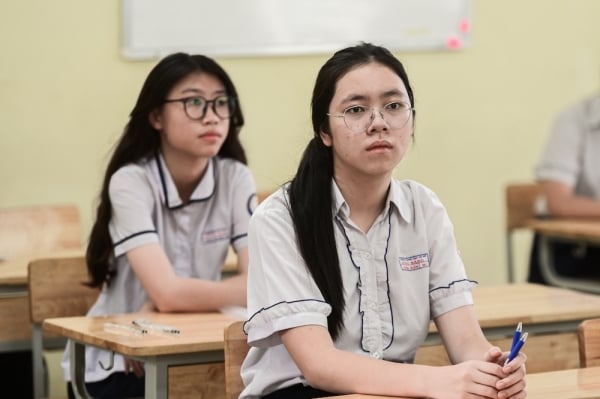
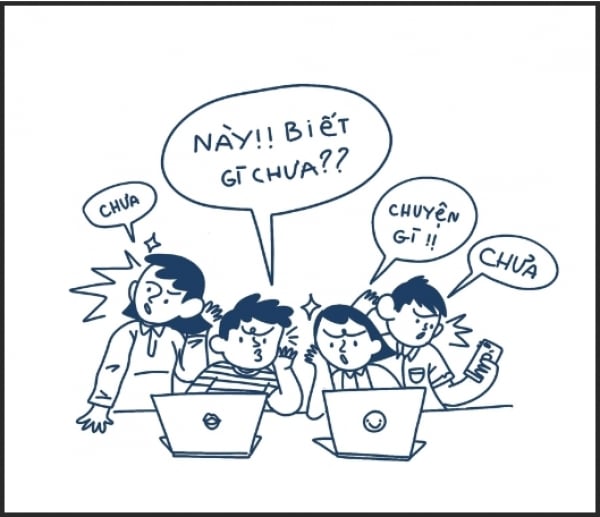

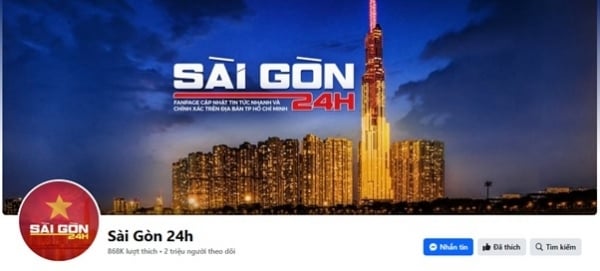
![[Photo] Myanmar's capital in disarray after the great earthquake](https://vstatic.vietnam.vn/vietnam/resource/IMAGE/2025/4/1/7719e43b61ba40f3ac17f5c3c1f03720)














































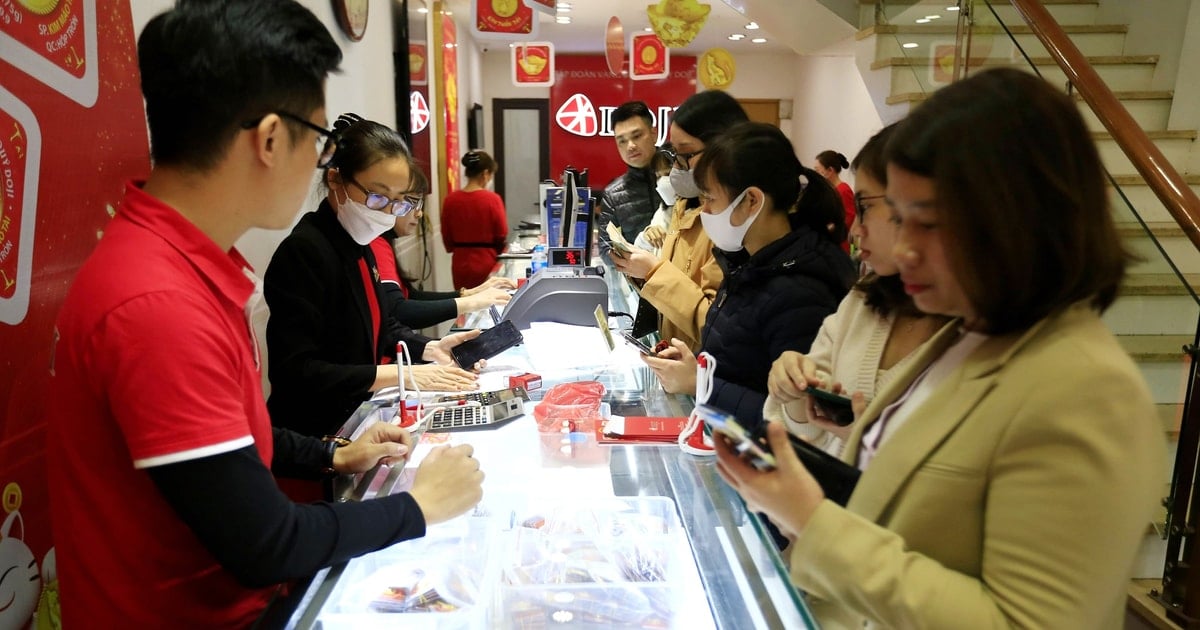



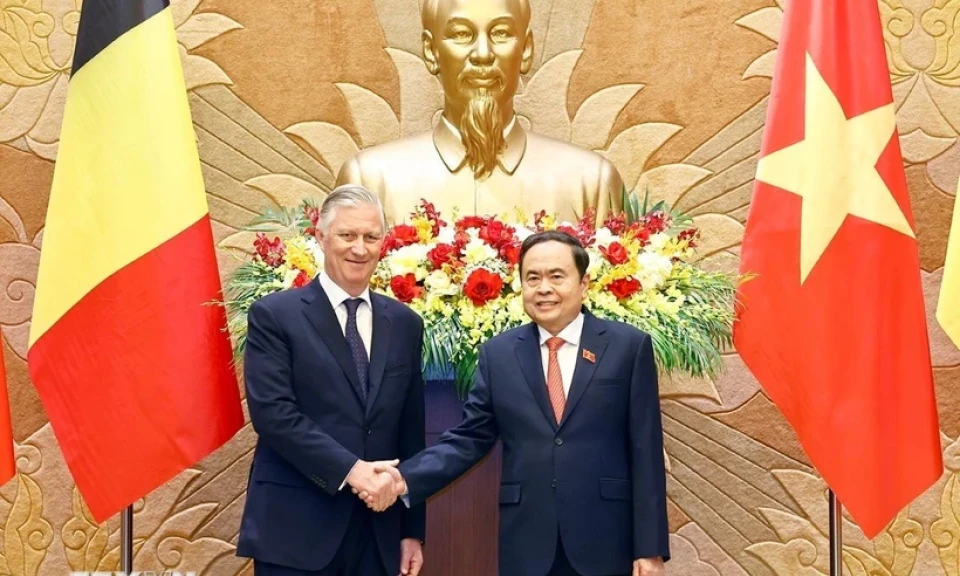

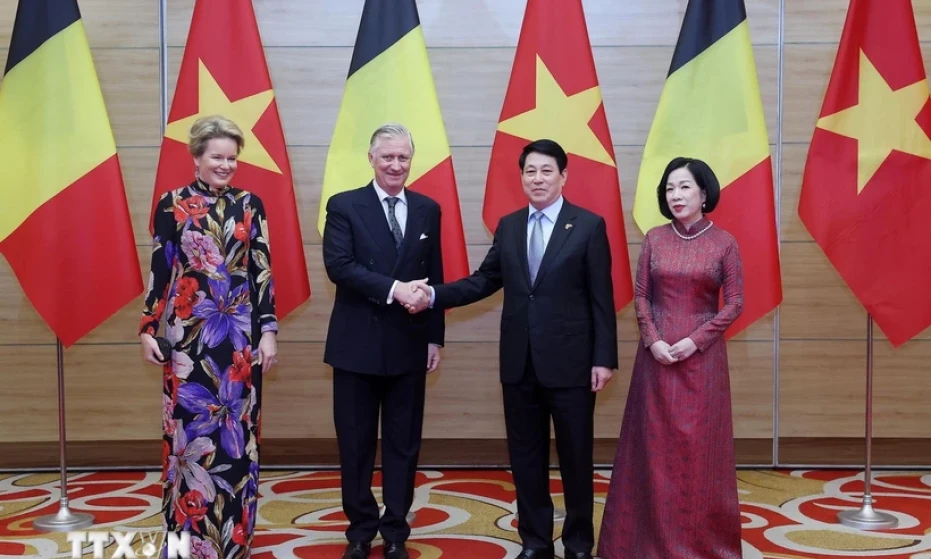










Comment (0)